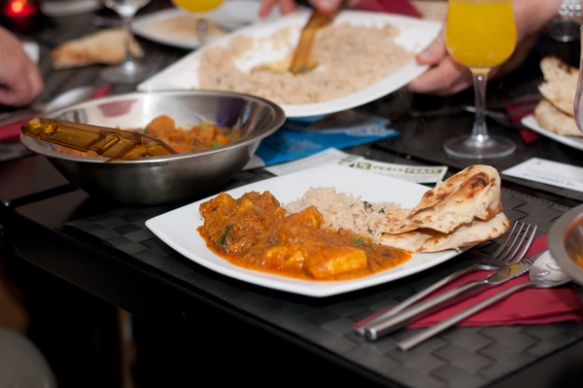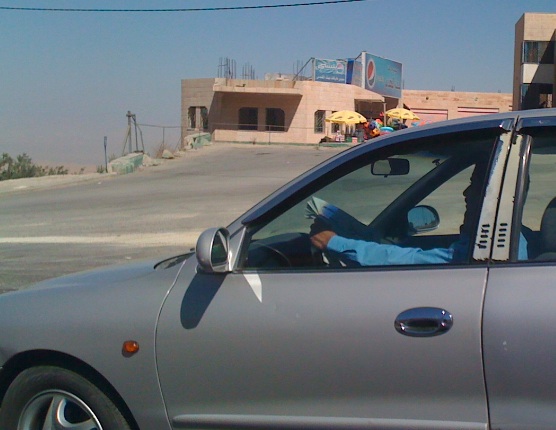 On Friday night we rented out a function room at Piccadilly Restaurant in Bristol and threw a party. But this was a party with a difference.. it was Bristol’s first ever Peace Feast!
On Friday night we rented out a function room at Piccadilly Restaurant in Bristol and threw a party. But this was a party with a difference.. it was Bristol’s first ever Peace Feast!
A Peace Feast is a very simple concept. People from different communities in the city come together to share a meal and get to know each other. That’s it. It’s not rocket science, and it’s not going to solve all of the world’s problems – but it’s not a bad place to start! Bridges for Communities adopted the idea of Peace Feasts from Peace Catalyst in the United States, and the idea has really caught on in Cardiff this year. But we really didn’t know how it would go here in our new city. Would anyone catch the vision? Would anyone pay for a night out with people they’d never met before?
We needn’t have worried. 30 people showed up. People from the Muslim community – Saudis, Pakistanis, Syrians, and Brits – friends from Severn Vineyard church, and other individuals who had heard about the event and were just curious. We enjoyed a 3-course Indian meal together (including samosas that had us all reaching for water and wiping away the tears!), and Rizwan Ahmed from the Bristol Muslim Cultural Society gave a fantastic presentation about why the Hajj and Eid Al Adha are so significant to Muslims. But I think for me the highlight was simply looking around the room and listening to the buzz of conversation. I realised again that there are not many things I enjoy more than seeing people from different backgrounds and walks of life engaging for the first time, getting to know each other as people, and enjoying an environment that enables them to be real about both the things that they agree on and those that they see differently. One participant said afterwards, “I finally got to ask a Muslim all the questions that I’ve always wanted to ask!” Another said, “If I hadn’t come tonight I would have just kept living with the same misconceptions about Christians.” For me that makes it an evening well spent.
“But wait a minute,” I hear you say. “Is it really necessary to have a ‘Peace Feast’ in a city like Bristol? Last time I checked, there weren’t any wars going on there!” True, there may not be major problems between the different communities in the city, but that isn’t to say that all is well either. As Rick Love says, ‘Peace is not just the absence of conflict. It’s the presence of harmony’. In other words, we don’t really live at peace with one another until we actually have relationship, and that’s where there is still lots of work to be done. So here’s to many more Peace Feasts in the future. And next time we’ll make sure the samosas are not quite as hot!
To see more photos and feedback from those that attended, visit www.peacefeast.org.uk
To hear about future events or explore holding a Peace Feast in your area, join the facebook group: http://www.facebook.com/#!/groups/306287869422732/

























